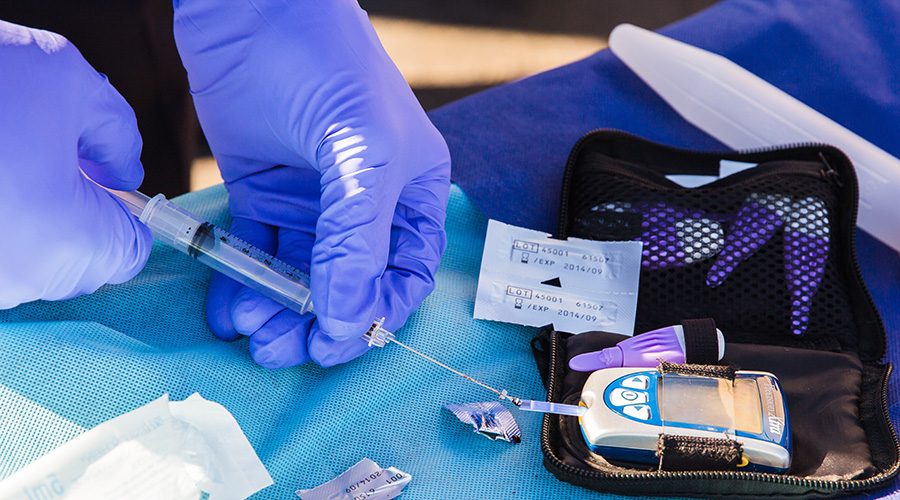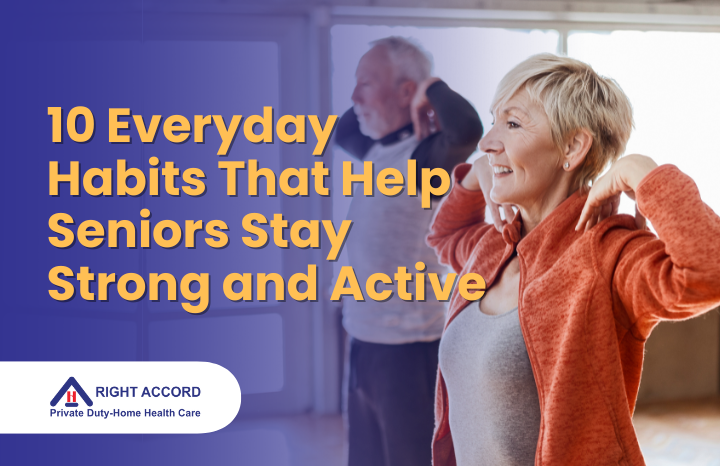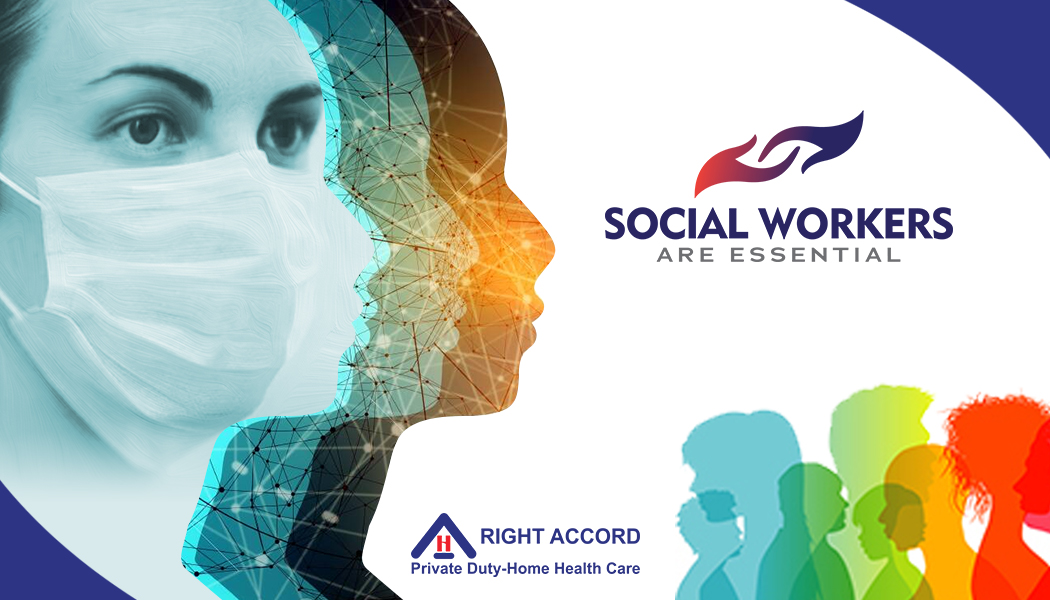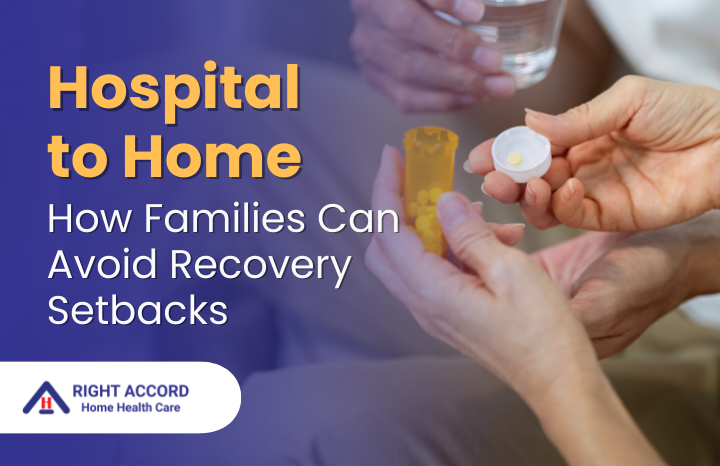· 8 min read
A Caregiver Tips and Checklist to 4 Common Elderly Illnesses
If you're caring for an elderly with illnesses, this tips to manage their disease will help you support them live in the best quality of life possible.
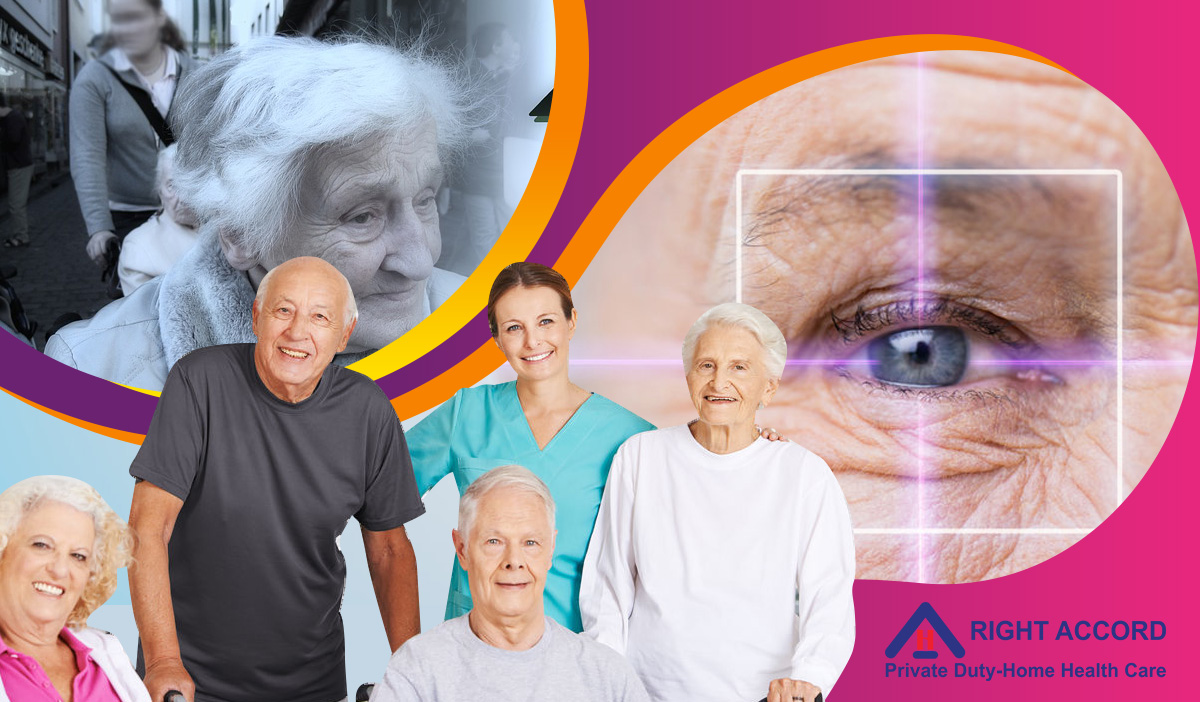
By: Rosemarie Tamunday Casanova — RN, BSN, MHA
The elderly are more vulnerable to illnesses, diseases, and ailments that may leave them handicapped in some way.
In some cases elderly may not even recover from them. It is a sad fact, but we will all eventually shake hands with the very thing that is going to kill us. However, this does not mean that all illnesses in older adults are incurable.
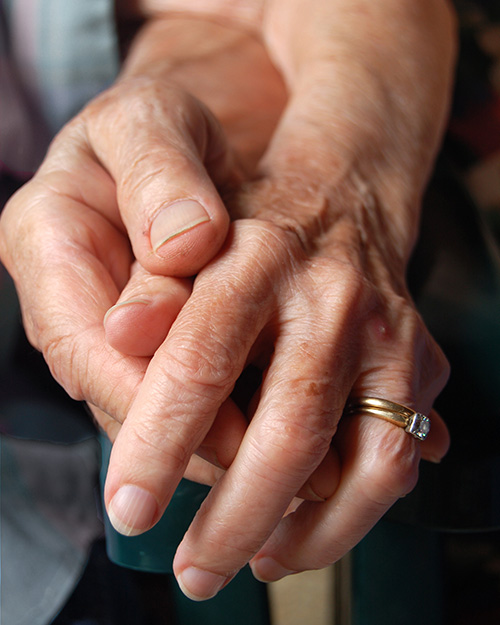
In fact, there are very few that are untreatable. When you are a caregiver and care for an elderly individual on a daily basis, you may come into contact with several diseases and learn how to deal with them through them. It can be difficult watching someone you care about succumb to illness at any age, but with seniors it is inevitable.
A little bit of background knowledge can help to prepare you for the worst, so here is a quick guide to senior illnesses and corresponding tips that will hep you cope up with the disease:
CANCER
Cancer affects more than two thirds of seniors at some point in their lives. Some forms of cancer are more common than others. The most common types of cancer found in seniors are lung and breast cancer, but skin cancer also makes an appearance.
There are many ways to treat cancer these days, but the older the patient is, the smaller the chance of a full recovery. After all, how many eighty years olds are strong enough to come through a course of chemotherapy? Detecting cancer early is vital for patients’ chances of recovery, so a medical professional must be consulted as soon as any abnormalities appear.
Tips for caring for a loved one with cancer:
- Learn all you can about your loved one’s type of cancer. There are different types of cancers and each of them has different medical approaches. The more you educate yourself about its treatment options and potential drug side effects, the more you and your loved one will feel about treatment decisions. And the better you’ll be able to prepare for future challenges, reduce your frustration, and foster reasonable expectations.
- Look for a doctor that you will trust and who best suited your loved one’s type of cancer. Give your doctor the most comprehensive information about your loved one’s medical situation such as new symptoms they exhibit like changes in sleep, mood, bowel habits or appetite. These indications may interrupt your loved one’s treatment and hinder his or her quality of life. Also, having your loved one’s doctors in the same location provides greater convenience and more streamlined care.
- Keep organized your loved one’s medical history, test results and medications. These will guide you about the new side effects that may occur or that they may experience so you can prioritize what needs to be done. Contact their doctors immediately whenever you feel that this side effect is an important issue and life threatening.
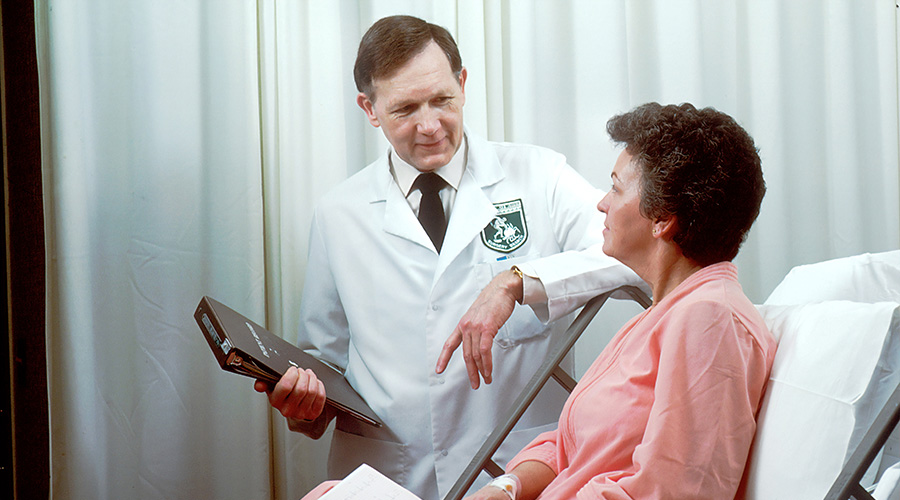
DEMENTIA
Dementia is a disease that affects a large number of elderly. All forms of dementia are caused by degeneration of the brain and associated damage to the connections between the brain and nerve endings in the body. In most cases, there can be little done to prevent or treat dementia, although some drugs can help ease the symptoms.
Alzheimer’s Disease is the most common form of dementia, and it is generally more severe than other variations. The symptoms are becoming increasingly confusing for sufferers, although initially, they know what they’re going through. The symptoms may take anywhere from a few months to many years to appear, but when they do, the sufferer will probably not recognize you.
Caregiver tips for elderly people with dementia include:
- Make a positive impression on your loved one by speaking with respect and comfort.Make a positive impression on your loved one by speaking with respect and comfort. Communicate your affection with facial expressions, tone of voice, and physical touch. More than anything else, your attitude and body language convey your feelings and thoughts. Always strive to listen with your ears, eyes, and heart.
- Make sure that a person with dementia is in a safe environment by keeping scatter rugs, extension cords, and any clutter out of the way that might cause them to fall. Ensure that cabinets containing potentially dangerous items, such as medicine, alcohol, firearms, toxic cleaning solutions, and dangerous utensils and tools, are locked. Heaters should be set at a lower temperature to prevent burns, and matches and lighters should be kept out of their reach.
- It is important to remember that a person with dementia might become agitated when once-simple tasks become challenging. So, to reduce their frustrations you have to clearly establish a daily routine. In some cases, such as bathing or doctor’s appointments, it is easier when the person is alert and refreshed. Allow some flexibility for spontaneous activities or particularly difficult days. Schedule more time for tasks that may take longer than normal. When performing tasks, remember to give them time to rest. Taking regular walks together can help improve their communication skills and prevent wandering.
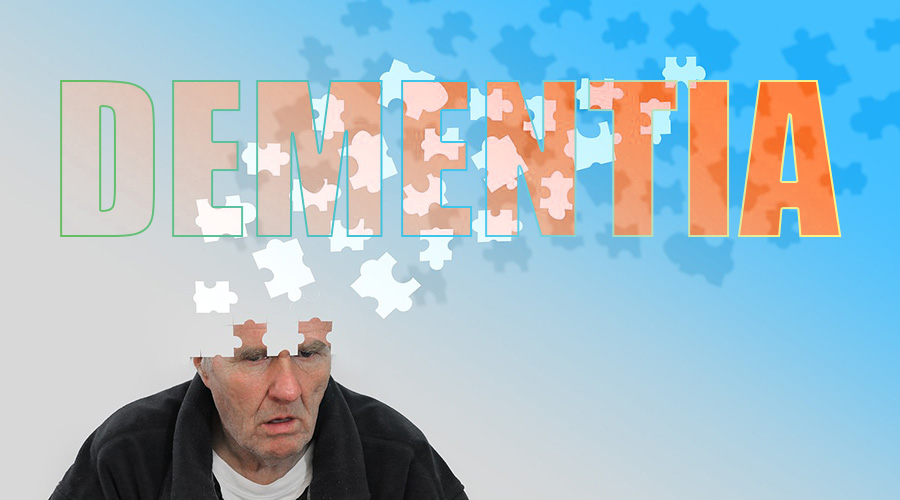
PARKINSON’S DISEASE
The disease known as Parkinson’s affects the nerve cells that lead to the brain, and like dementia, no one knows exactly what causes it. Dementia affects an individual mentally, but Parkinson’s affects the body first and then the mind.
It may be apparent that a sufferer has the disease because of uncontrollable shaking, which is just as frustrating as the confusion associated with dementia. Again, there is no known cure and drugs only work for a limited time before symptoms can no longer be controlled.
Here are some caregiver tips for a person with Parkinson’s disease:
- Educate yourself well about the disease such as what causes its symptoms, how the condition progresses, or what treatments can help manage it? Parkinson’s doesn’t manifest the same way in everyone and as a caregiver, you should speak to your healthcare provider or doctor to provide you with a detailed list of the side effects to expect with each medication. If you’re well informed, you’ll have a better idea of what to expect and how to be the most helpful.
- It is crucial that if your loved one is forgetting his or her medicine, he or she may not be functioning as well as possible, so be sure that scheduled medications are taken regularly. To avoid making mistakes or having to bug or nag your loved one, develop a tool you both agree works, such as a smartphone reminder or a hard-to-miss wall calendar. Being consistent with medication can make a difference in both of your lives and lifestyles.
- Exercise is important for everyone, but it’s especially helpful for people with Parkinson’s disease. Several studies have demonstrated that exercise increases the brain’s ability to use dopamine, a chemical that plays a role in movement. Fitness improves strength, balance, memory, and quality of life in people with this condition. Encourage your friend or loved one to get moving by taking a walk together every day. Or, sign up for a dance or yoga class together. Both of these exercise programs are helpful for improving coordination.
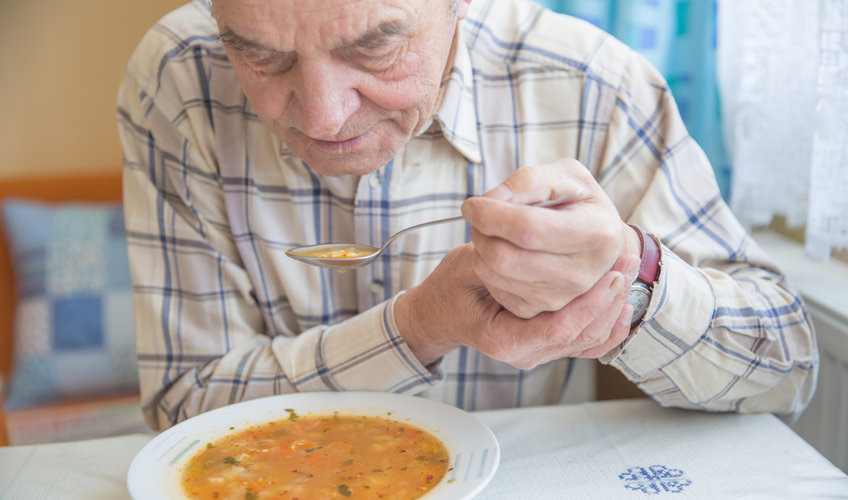
DIABETES
This disease is becoming more prevalent among seniors due to their lifestyles and diets. As sugar and fat intake increases, the body rebels. Ailments such as diabetes are caused by the inability of the body to produce enough insulin to regulate blood sugar levels. There is no cure for this disease, but it can be treated by either diet or medication, whether it is in tablet or injection form. It will not cause the death of an individual if treated correctly.
Wounds in diabetics, however, tend to degenerate more rapidly than those in non-diabetics because they tend to degenerate more quickly. Amputation of limbs is also quite common as a result of the illness. Therefore, a diagnosis must be made swiftly and observations must be made everyday thereafter.
To help older people with diabetes to stay healthy and active, here are the following tips:
- Elderly persons with diabetes may need help in checking their glucose levels regularly, so you need to know how and when to check their blood glucose level. Older people with diabetes are at higher risk of hypoglycemia (low blood sugar) when taking diabetes medications, making it especially important to check your glucose levels. Symptoms of hypoglycemia include confusion, dizziness, hunger, and sweating.
- One of the most important ways to control blood sugar is through diet so get yourself creative in the kitchen. Your loved one’s doctor will most likely recommend an eating plan that includes fewer sugars and carbohydrates, which are found in pasta, potatoes, rice, tortillas and desserts. Instead, people with diabetes should eat more veggies and proteins. Portion size and timing of meals also matter. But changing the eating patterns of a lifetime can be distressing! Help your loved one give their fridge and pantry a makeover, and adapt recipes to be healthier.
- It is important to get the flu vaccine each fall and the pneumonia vaccine if your loved one is over 65 years old or if he or she received a pneumonia vaccine before the age of 60. These vaccines are important for all older people, but are especially important for older people with diabetes who are at higher risk for complications from the flu.
